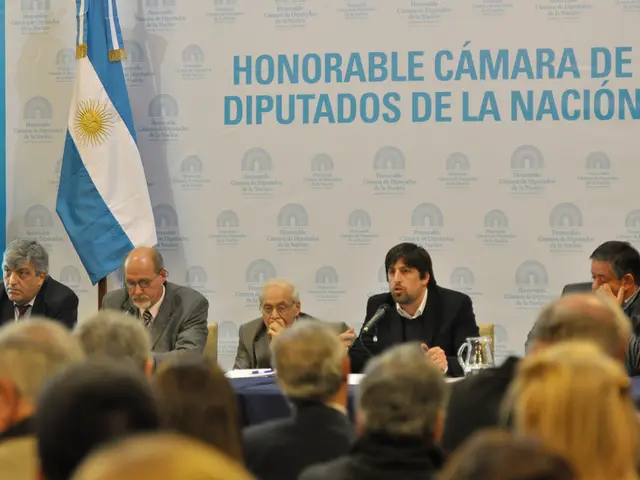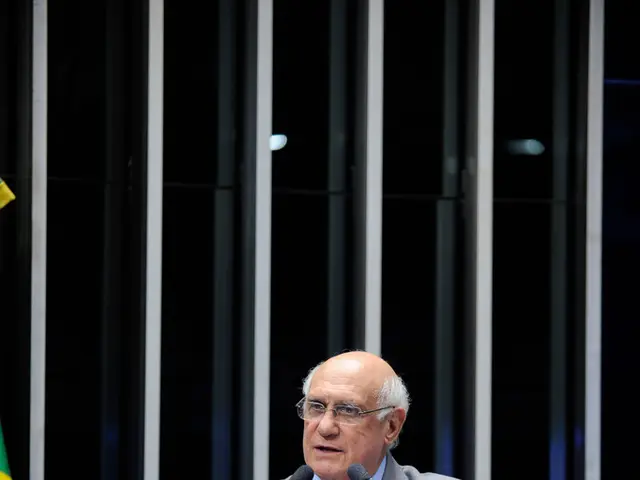CDMX's regional overhaul: Alejandro Encinas asserts Inevitability and Irreversibility of Mayor's office fragmentation
The Head of Planning, District Organization, and Metropolitan Coordination for the Mexico City, Alejandro Encinas, asserts that the partitioning of districts and the city's overall territorial redesign are permanent initiatives.
Fueling this conversation is a proposition in the Local Congress to expand the number of districts from 16 to 22, with the objective of streamlining administration and enhancing public service delivery.
Encinas reckons the existing city structure demonstrates notable discrepancies, with some areas housing a large population and resources while others struggle to cater to their residents' needs. He maintains that the reconfiguration is a crucial step to ensure a fairer distribution of the city's services and resources.
One of the proposed changes involves the bifurcation of the Gustavo A. Madero municipality into three distinct regions. Encinas suggests this division would empower local administration and provide better, more efficient services for the district's residents.
To ensure success, this reconfiguration process should be accompanied by comprehensive city planning considering factors such as infrastructure, public services, and civic engagement.
"Cooperation among all stakeholders is vital for implementing this change methodically," Encinas emphasized.
While the initiative needs approval from the Mexico City Congress, the discussion has sparked a mix of opinions among urban experts and city residents. Some believe the creation of additional districts can optimize governance and administrative processes, while others express concerns regarding the costs and intricacies involved in the process.
Encinas positions this reconfiguration as part of a long-term strategy to transform Mexico City into a city geared towards a more equitable, sustainable, and resilient future.
"Our goal is to create a city that caters to the needs of its inhabitants and addresses tomorrow's challenges," he concluded.
The Head of Planning, District Organization, and Metropolitan Coordination for Mexico City, Alejandro Encinas, suggests that the collaboration of all stakeholders is crucial for implementing the city's long-term strategy to reconfigure districts and territories, which includes Policy-and-Legislation decisions such as expanding the number of districts from 16 to 22. This redesign aims to streamline administration, improve public service delivery, and ensure a fairer distribution of the city's services and resources, as encapsulated in the general news regarding the city's transformation into a more equitable, sustainable, and resilient future.






